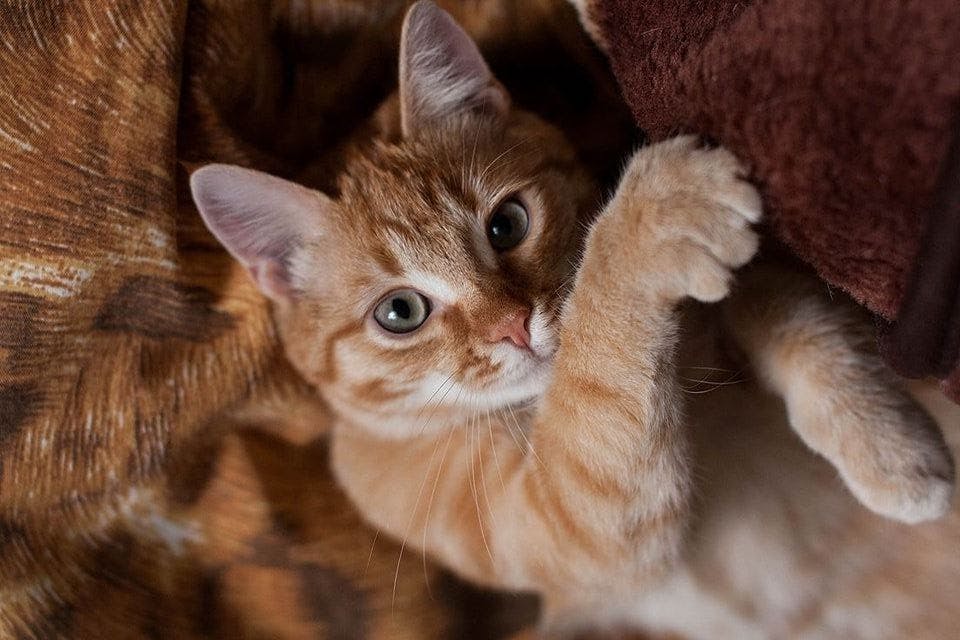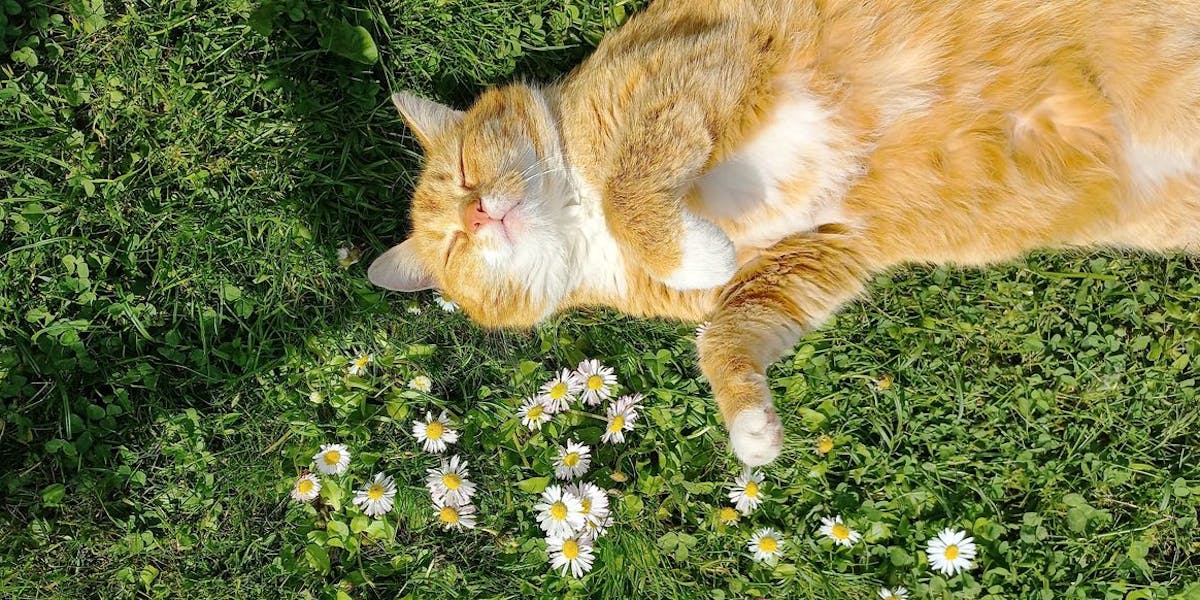Which Cat is the Right Fit for Me?
Deciding to adopt a cat is an exciting step that can wonderfully enrich your life. In German animal shelters, numerous felines with diverse characters and needs are waiting for a loving home. But which cat suits you and your lifestyle best? In this post, we offer helpful tips to help you make the right decision and give a shelter cat a second chance.

1. Personality Over Breed – Character Matters
In German shelters, you'll mostly find domestic short-haired cats or European Shorthairs—often mixed breeds without specific pedigree. Instead of focusing on a particular breed, it's more sensible to pay attention to the individual character of the cat.
- Active vs. Calm Cats: Consider whether you're looking for a lively, playful cat or a calm cuddler who enjoys lounging on the sofa.
- Affection Levels: Some cats are very friendly and constantly seek human companionship, while others are more independent and need their own space.
- Compatibility with Other Pets: If you already have pets, it's important to choose a cat that is socially compatible.
2. Typical Cat Breeds and Their Characteristics
If you're interested in a purebred cat, it is important to inform yourself about the different breeds and their needs. While many mixed-breed cats live in shelters, you might occasionally find purebred cats that ended up there for various reasons. Here are some typical breeds you might encounter in shelters and their usual behavioral patterns:
- European Shorthair: Equivalent to the domestic cat, this breed is the most widespread in Germany. They are robust, adaptable, and have a wide range of personalities—from affectionate to independent.
- Maine Coon: Known as "gentle giants," Maine Coons are friendly, playful, and social. They often get along well with children and other pets and require regular grooming due to their semi-long fur.
- Norwegian Forest Cat: These cats are active and love to climb. They are friendly yet independent and are suitable for families who can provide plenty of engagement.
- Siberian Cat: Known for their loyalty and intelligence, Siberian cats are often people-oriented and enjoy the company of their owners.
Please note that purebred cats are less common in shelters, but it's always worth asking if you're interested in a specific breed. Regardless of breed, every cat is an individual with its own character.
3. Age of the Cat – Kitten or Adult?
The age of the cat plays a crucial role in your selection.
- Kittens: Young cats are playful and full of energy but require a lot of attention and training. They are suitable for active households where there's plenty of time for care.
- Adult Cats: They usually have an established character, are often calmer, and their behavior is more predictable. For working professionals or quieter households, adult cats might be the better choice.
- Senior Cats: Older cats are often very relaxed and affectionate. They appreciate a cozy home and are grateful for any attention.

4. Living Environment – Outdoor or Indoor Cat?
Your living situation influences which cat is right for you.
- Outdoor Cats: If you live in a rural area or a low-traffic neighborhood, you can offer a cat outdoor access. Outdoor cats benefit from exercise and the ability to express their natural instincts.
- Indoor Cats: In a city apartment without safe outdoor access, you should look for a cat content with indoor living. Many cats adapt well if they receive enough playtime and attention.
- Apartment with Secure Balcony: A secure balcony or a window with a cat net can enrich an indoor cat's life.
5. Time and Commitment – How Much Can You Invest?
Consider how much time you can dedicate to your cat each day.
- High Maintenance: Young or very active cats require lots of engagement, play, and interaction.
- Lower Maintenance: Older or calmer cats are often satisfied with shared cuddle sessions and need less active entertainment.
6. Health Considerations – Special Needs
Some cats have health issues or special requirements.
- Chronic Illnesses: Cats with conditions like diabetes or kidney problems need special care and possibly medication.
- Disabled Cats: Three-legged cats or those with vision or hearing impairments can lead fulfilling lives and are often particularly loving.
- Allergies: If you have allergies, discuss suitable cats with the shelter and test interactions in advance.

8. Expert Advice at the Shelter – Use Their Knowledge
Shelter staff know their cats well and can assist you in making a choice.
- Personalized Recommendations: They can suggest suitable cats based on your lifestyle and preferences.
- Trial Period: Some shelters offer a trial period to see if the cat and owner are a good match.
Conclusion: Have a Heart for Shelter Cats
Adopting a cat from a shelter not only enriches your life but also gives a cat the chance for a new, loving home. By paying attention to character, needs, and your own life circumstances, you're sure to find the cat that perfectly suits you. Visit Balu and let yourself be enchanted by the diverse personalities of the cats - your match might already be waiting for you!

Traveling and Dog Ownership: What to Consider Before Getting a Dog
Bringing a dog into your life is one of the most rewarding decisions you can make. Dogs bring unconditional love, joy, and plenty of adventure. However, before you commit to owning a dog, there’s one important aspect to think about: how it might impact your future travel plans. After all, your furry friend will have specific needs that must be considered, even when you’re on vacation.

Seminars of the German Animal Welfare Association
At a time when awareness of responsible animal care is steadily growing, the German Animal Welfare Association offers inspiring seminars for everyone who wants to improve the lives of animals. Whether you're a dog owner, cat lover, or simply an animal enthusiast – you'll find valuable knowledge and practical tips here to actively contribute to animal welfare.
Latest
From our blog
The latest industry news, interviews, technologies, and resources.